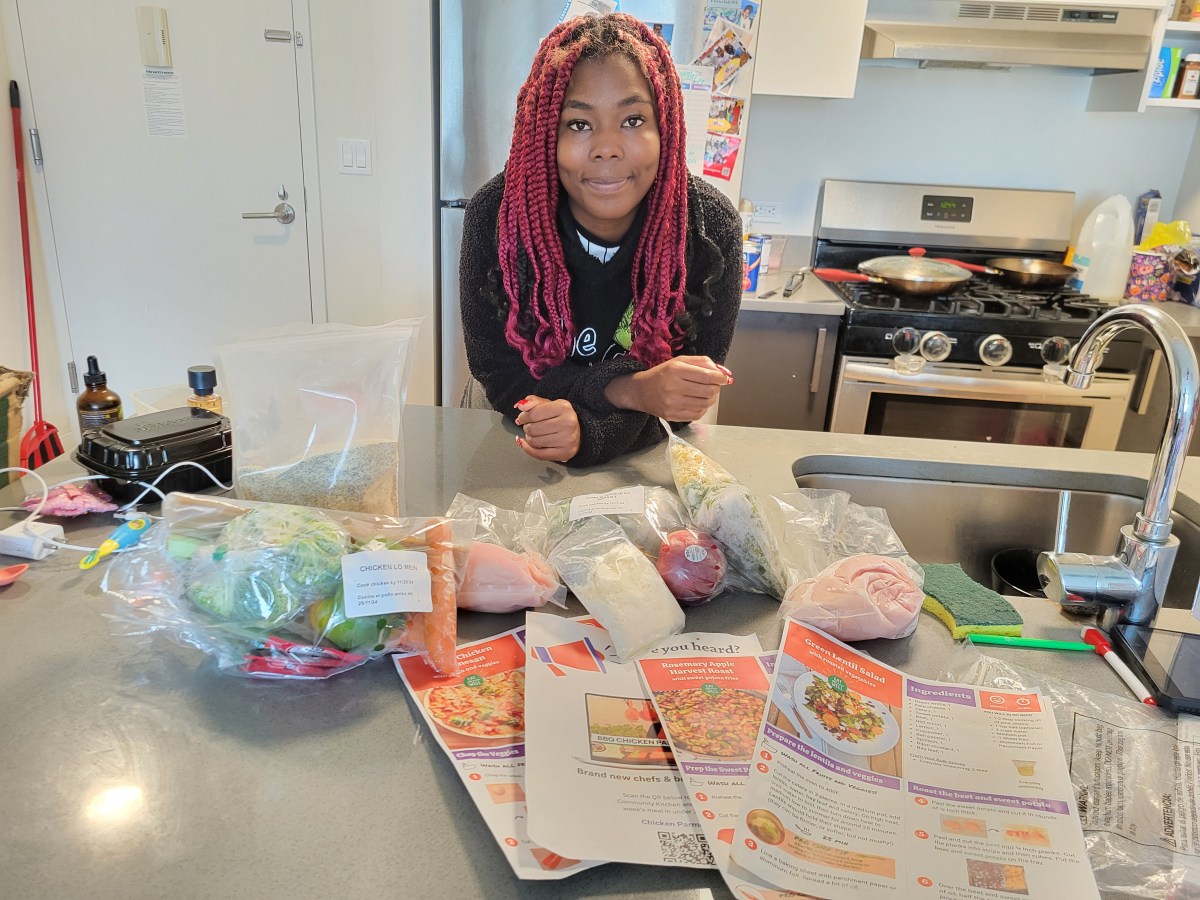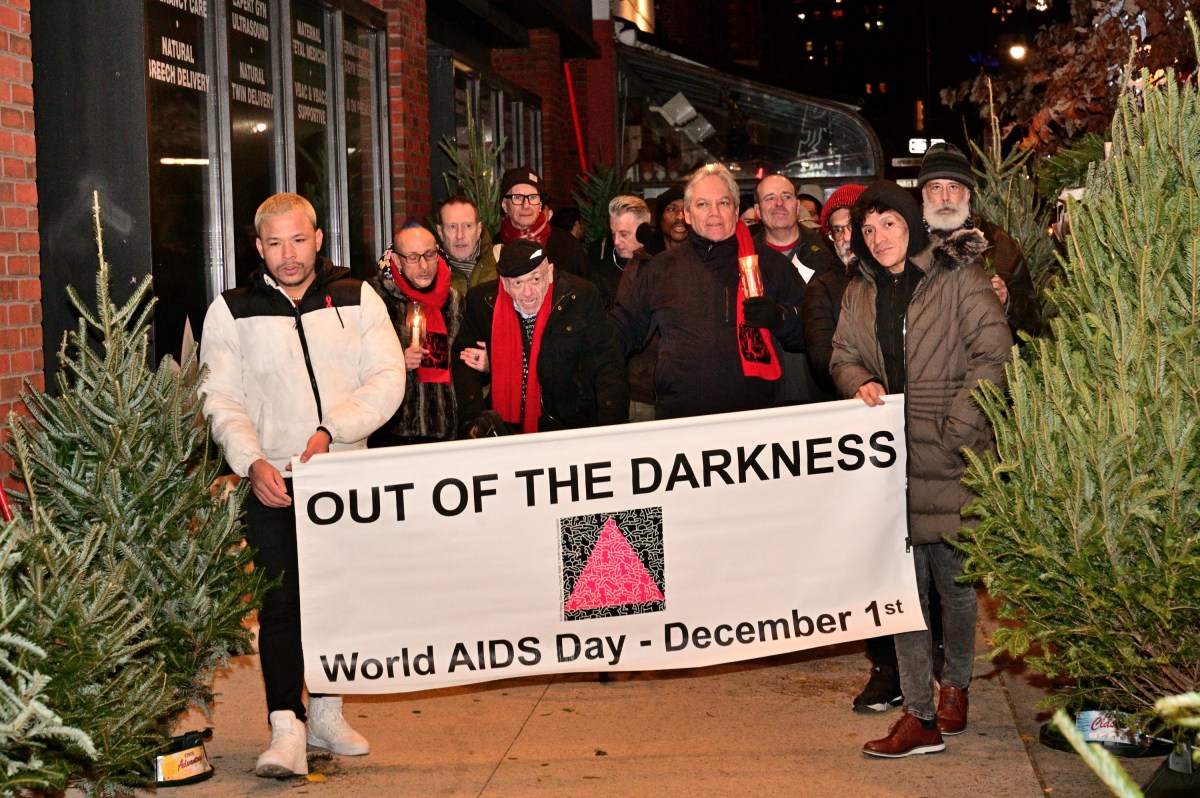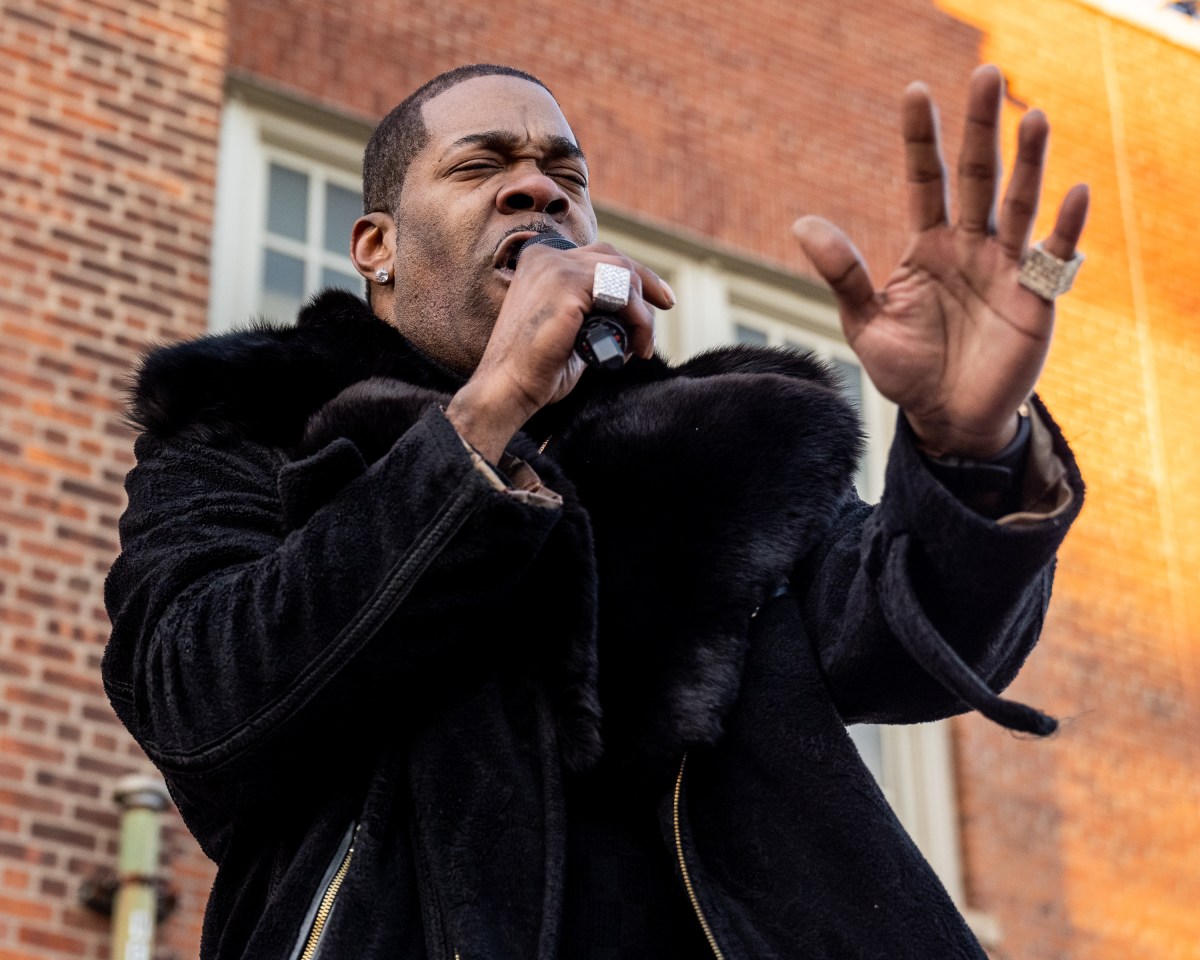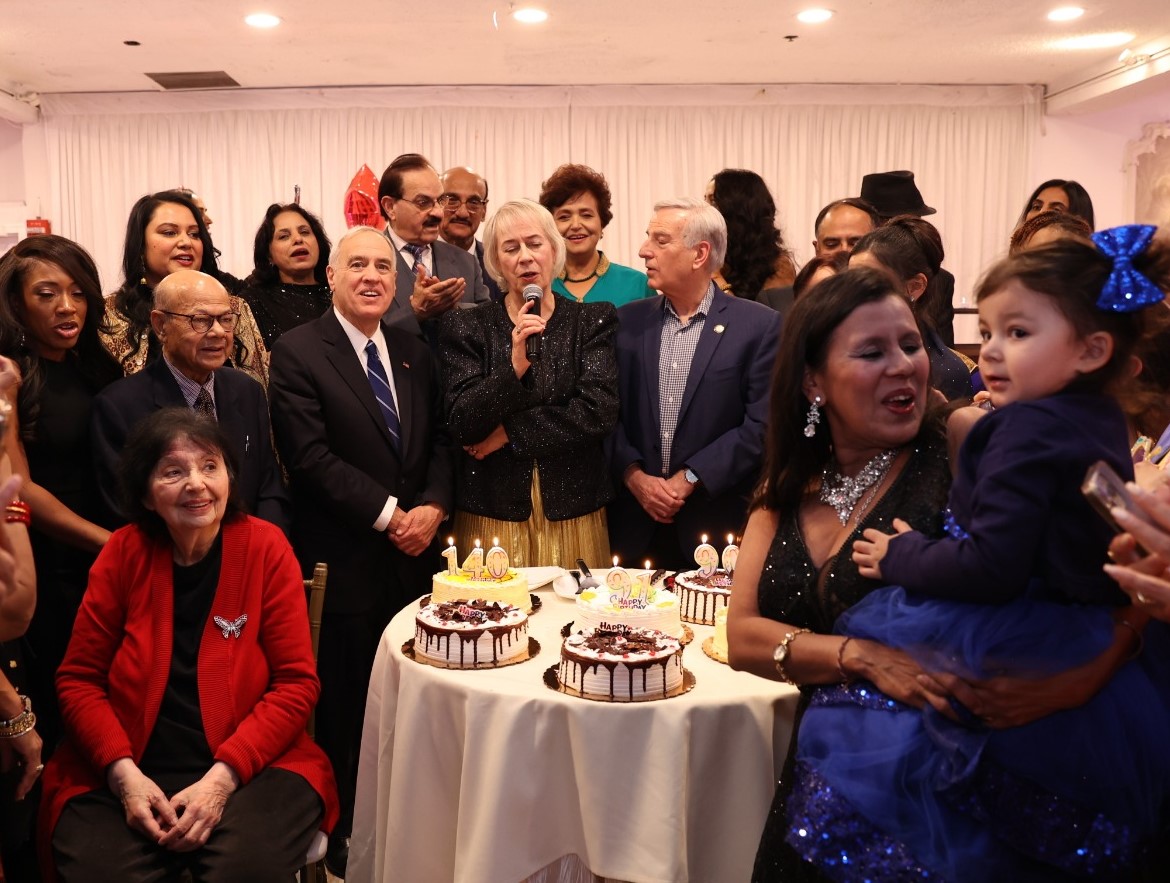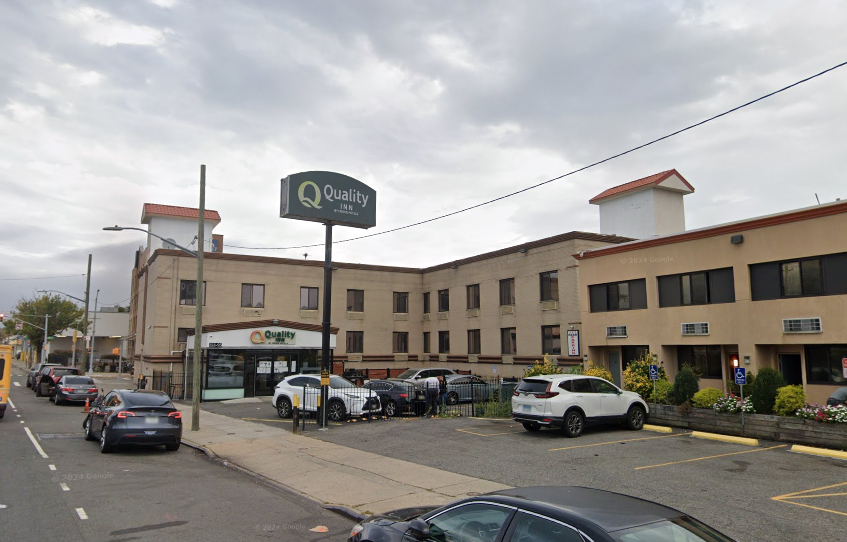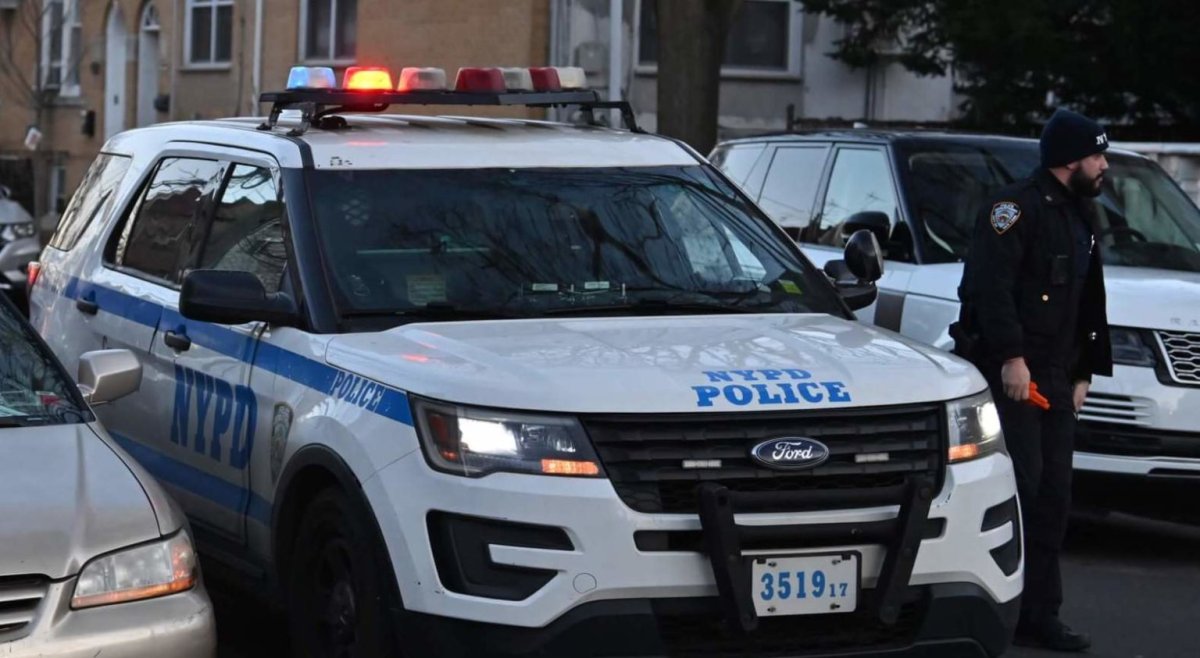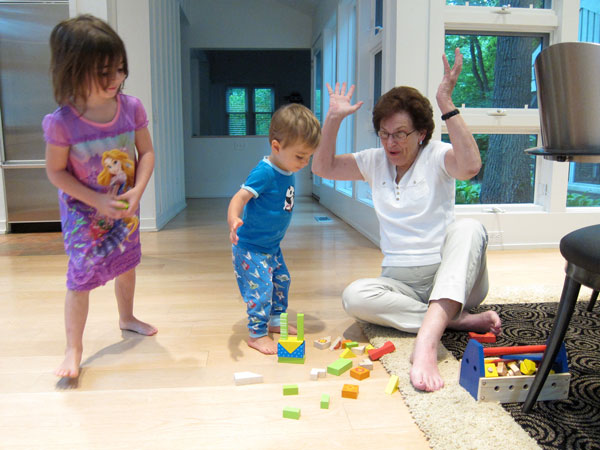
“Doc” (aka Joy Klippel) enjoys the benefits of being a great-grandma, with Castillo’s twins Isadora and Gaetano.
BY MAJA T. CASTILLO, MD | For most of their lives, my grandparents lived in one of those neighborhoods invented in the 1950s — rows of cookie cutter brick bungalows with wide, tree-lined streets.
By the time I was in elementary school, the days when everyone walked to school were long gone. Still, I boarded a bus each morning to that same school my mother had attended. My grandparents’ house was still a mere half block away — providing a source of ideally located childcare for my working parents.
After school, I would run down the street and burst into the stillness of my grandparents’ quiet house with my kid-just-out-of-school energy. Even now, I have no idea what they did for most of the day before I arrived. The radio was usually on, set to an AM station that no one ever listened to. My grandmother would be playing solitaire on the bed or reading — my grandfather, napping in a chair or futzing with something in the yard or on the car.
For the hours until one of my parents could pick me up, I would do a little homework. But mostly, I would hang out with my grandparents.
My grandmother had been a nurse and would tell me stories about working in the emergency room in “the old days,” letting me play with her stethoscope and blood pressure cuff (definitely formative experiences for my current career). She also taught me to sew buttons and darn socks. She taught me names for hundreds of plants and birds on our slow walks around the block, and allowed me to make huge messes while making angelfood cake or rhubarb pie.
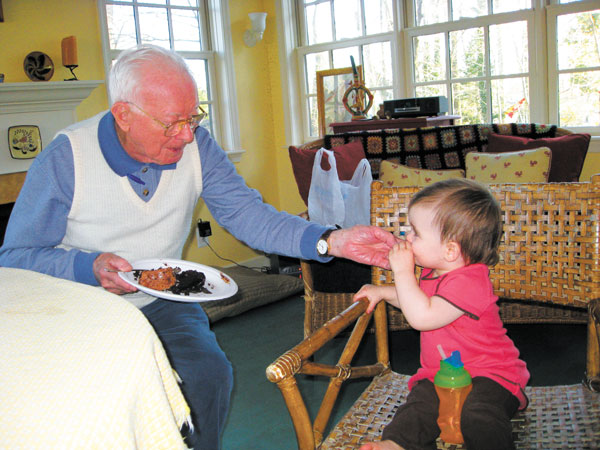
Castillo’s daughter Marcella, with her great-grandfather.
My grandfather loved to talk. He had been in World War II, worked the 1939 World’s Fair in New York City and hitchhiked up and down the East Coast in his youth. While my grandmother was surely sick of his stories, I never tired of them. His black and white pictures of Hawaii and bomber planes fascinated me. I remember very little of what I learned about WWII from school, but I will never forget what my grandpa told me about his war experiences.
For me, my grandparents had something that my working parents did not: abundant free time with very little to do. As a child, this was exciting — since it meant they had time to answer all my stupid questions without getting distracted or annoyed. They also had time to teach me things that school placed no importance on, like intricate card games or the right way to reattach a loose button.
What I gained from my grandparents was more than that, though. I can remember a feeling associated with time at my grandparents’ house — a sensation of slowing down, of calm, and enjoying the moment.
As a pediatrician, I am often asked if seniors (both grandparents and non-grandparents) are appropriate caregivers for children. I think there are a number of factors to consider (the physical and mental health of the senior as well as the age of the child, for example). However, I believe there are a number of benefits to having senior citizens as caregivers. The first being the same benefits I experienced with my grandparents — the transmission of experiences and life learning that comes with age. Additionally, I think contact with seniors can promote patience and teach children to appreciate slowing down in this fast-paced world.
Children are not the only winners in this type of relationship. There is good evidence that seniors can benefit from contact with children as well. Research in this area is limited mostly to grandparent relationships, but I feel it can be easily extrapolated to committed non-grandparent caregivers as well.
After retirement from the workforce and the departure of their own children, many seniors can become more withdrawn and feel a loss of purpose in their lives. Caring for a child can keep them active and give a sense of continuing to contribute to society.
A Chilean study of grandparents who were in good health found that those who provided four or more hours of childcare a week had a lower risk of depression and better mental health scores than those who provided less or no childcare. Other studies have found that a grandparent role can be emotionally fulfilling and promote improved self-esteem for the grandparent.
One of the most interesting ideas I came across while researching this article was that the relationship between seniors and children is also good for society as a whole.
In a 2010 article published by the International Journal of Evidence-Based Healthcare (“Grandparents and Grandchildren: A Grand Connection”), Judy Lumby RN, PhD wrote: “As we face a future in which violence and individualism appear to be on the increase, along with the costs associated with an ageing society, it is essential that we strengthen our social networks in ways that nurture and engage individuals of all ages and stages of life.”
I have to say, I love and believe this quote. Children who grow up valuing and loving their elders will have more empathy and compassion for the elderly, and understand the need to care for them as they age. Seniors who are involved in the lives of children will remain more active, happier and more tolerant of social change as they experience the world through the eyes of the child they love.
If we are able to remain connected as a society, from our eldest members to our youngest, the resulting social cohesion will hopefully bring all of us greater understanding and respect.
Maja Castillo is a pediatrician who maintains a private practice with Tribeca Pediatrics and also maintains an academic appointment at Columbia University Hospitals. She lives in Manhattan with her partner, five- year-old daughter and two-year-old twins.



